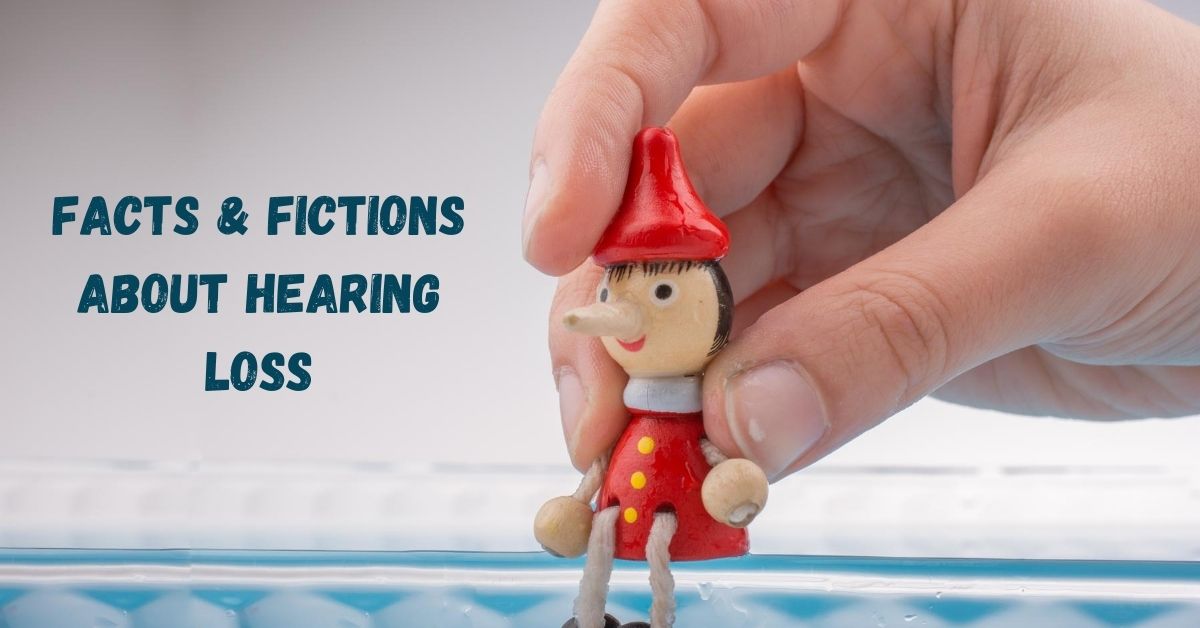

Hearing loss is an invisible condition, and as such it can be hard to tell when someone has it, or what you should or should not do to try to help them understand you better. Remember that everyone’s type and degree of hearing loss is different, but let’s go over a few general principles that those with hearing loss wish the hearing-abled would remember. The following points will help you avoid many frustrating misunderstandings if you keep them in mind!
This is a bit of an understatement. When we have normal hearing, the auditory cortex in our brain interprets the sound of speech into words for us. The frontal cortex does the job of thinking about what has been said, formulating a response, considering other implications, etc. In short, we don’t have to think too hard about what is being said, and we use the higher-order part of our brains to think about what it means.
For those with hearing loss, the auditory cortex doesn’t receive as much information as it would with normal communication, so the job of interpreting what is being said is shifted onto the frontal cortex. Finding out whether your friend just said “mice” or “nice” involves using context clues in the rest of the speech, which you probably also didn’t hear clearly. So it’s a kind of Russian nesting doll of questions about the conversation that the frontal cortex has to unwrap while the conversation is continuing. No wonder it’s exhausting!
People with hearing loss might mistake something you say, or respond seemingly out of nowhere. Non-sequiturs are a frequent consequence of mishearing. The key here is that the person is mis-hearing, not misunderstanding. Many people with hearing loss will be able to laugh at their gaffs, but let them laugh before you do, and definitely don’t base your assessment of their intelligence on these kinds of mistakes. It happens to those with normal hearing often enough, too!
Well, maybe some are. Rudeness is not limited to the hearing-abled! But if someone with hearing loss isn’t acknowledging you, it’s likely because they don’t hear you. Don’t take it personally if you can’t get their attention sometimes.
Modern hearing aids have come a long way, and are tuned specifically for the ears of the wearer to amplify the frequencies at which they’re most deficient. Still, hearing aids cannot return hearing to perfectly normal. Depending on the severity of someone’s hearing loss, they may still be missing high frequencies even with hearing aids.
However, hearing aids do a great job of amplifying sound from normal levels to a level that the wearer can hear, if they are able to hear those frequencies at all. If a person with hearing aids asks you to repeat yourself, yelling might actually distort the hearing aid (or their ears) rather than making your words clearer. Instead, try rephrasing what you want to say to give them a different set of context clues to interpret. And please, no twisting your head around to talk directly into the hearing aid!
Whether a person is new to hearing loss or has had it for a long time, don’t act as an interpreter. Hearing loss does not prevent communication, and acting like it does can be infantilizing to the person with hearing loss and confusing to others. Those with hearing loss, like most other adults, can speak for themselves.
Every hearing loss is different, so when you meet a person with hearing loss, you might ask them if there’s anything you can do to aid in communication. Some people will ask you to speak louder, others might not want that at all. Most will appreciate it if you face them when you speak, make sure you have their attention before you start talking, and don’t try to talk from another room. It’s not rocket science and a little earnest interest will go a long way.
Hearing loss can make speech recognition challenging, but it isn’t the end of the world. With a little understanding, communication can happen easily and effectively. If you have experienced changes in your hearing, contact us today to schedule a hearing test!